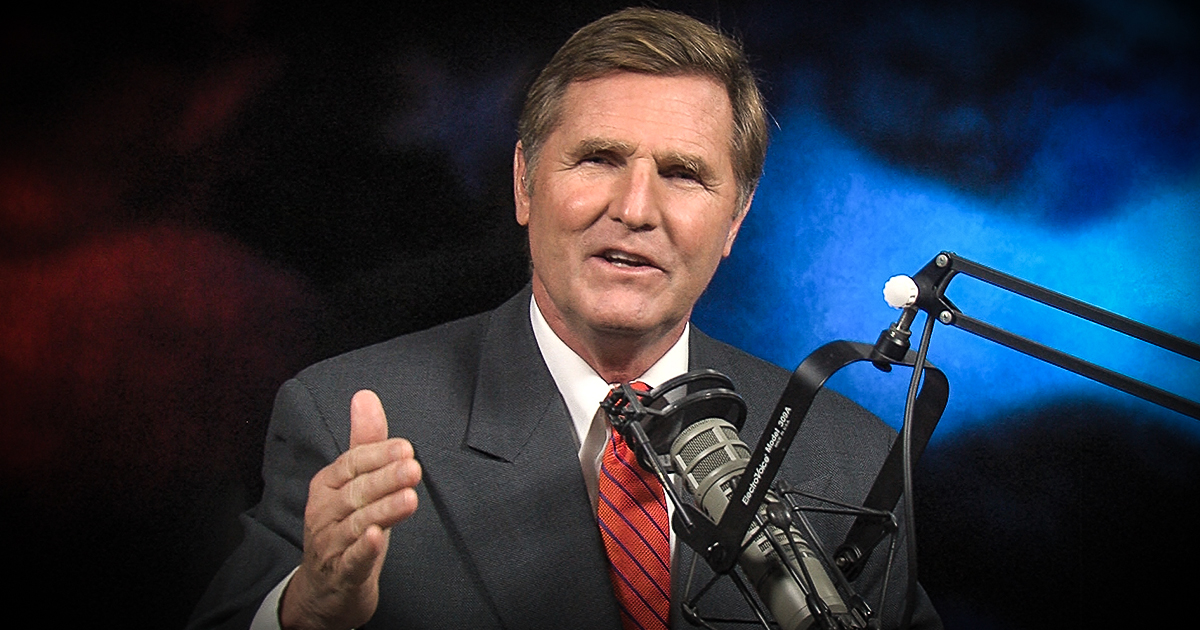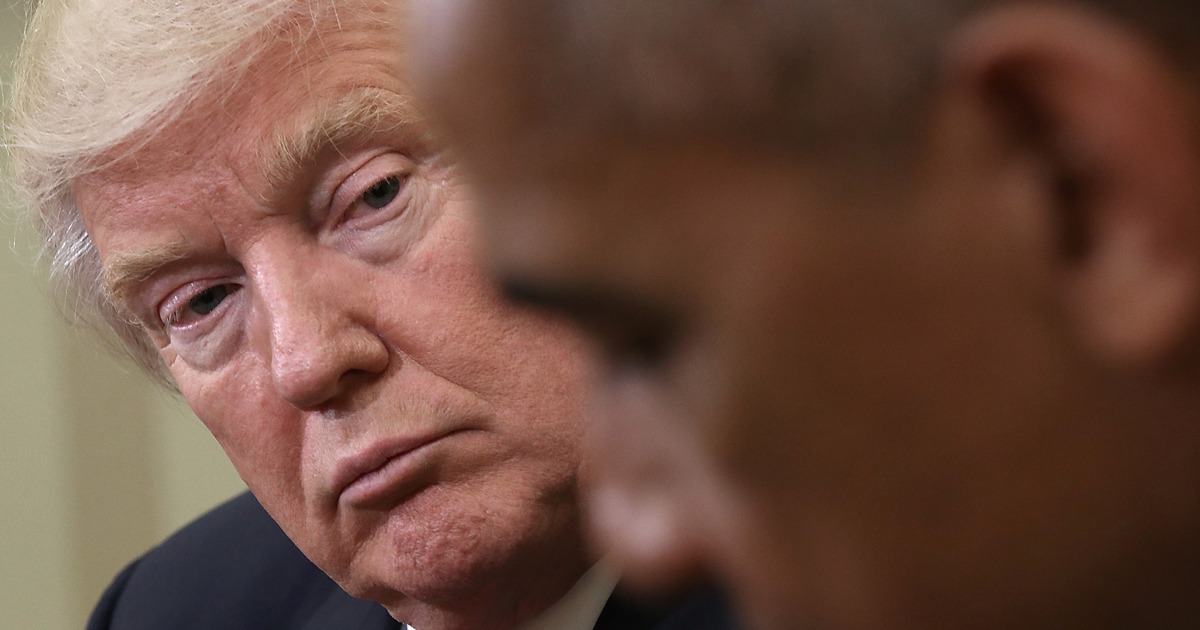During an interview marking the two-year anniversary of his pontificate, Pope Francis called upon his home country of Argentina to hold a “free, unfinanced campaign” during its upcoming election cycle, ThinkProgress reported.
“In the financing of electoral campaigns,” said the pope, “many interested get into the mix, and then they send you the bill.”
Francis then said that he feels there should be more transparency in fundraising during political campaigns.
“Perhaps public financing would allow for me, the citizen, to know that I’m financing each candidate with a given amount of money,” he said. “Everything needs to be transparent and clean.”
As ThinkProgress pointed out, five Catholic Supreme Court justices ruled just the opposite in Citizens United and actually made the claim that using money to gain access to politicians is necessary in a democracy.
The decision read,
“Favoritism and influence are not … avoidable in representative politics. It is in the nature of an elected representative to favor certain policies, and, by necessary corollary, to favor the voters and contributors who suppose those policies. It is well understood that a substantial and legitimate reason, if not the only reason, to cast a vote for, or to make a contribution to, one candidate of another is that the candidate will respond by producing those political outcomes the supporter favors. Democracy is premised on responsiveness.”
Pope Francis’ message may have been directed at Argentine politicians, but that message is just as applicable to the United States. The country’s current campaign finance system is so complicated and convoluted that the average voter has no real idea where politicians get their money. They are unaware of the corporate interests that drive policy decisions, often to the detriment of the middle class, the environment, and the country as a whole.



